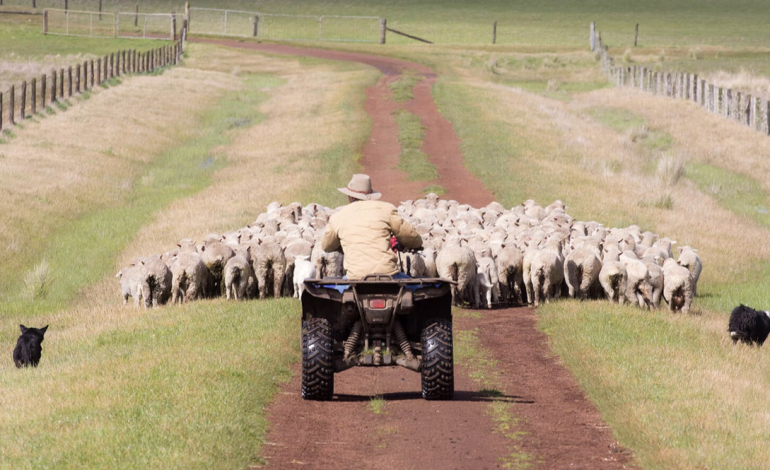Wyoming sheep ranchers and agricultural leaders expressed relief this week after Denver voters soundly rejected a proposal to ban slaughterhouses within city limits, Cowboy State Daily reports.
The defeat of the measure, known as Initiated Ordinance 309, secures the continued operation of Superior Farms, a major lamb processing facility that handles over 50% of Wyoming’s lamb production and up to 20% of the national supply.
With 65% of voters in Denver opposing the ordinance—140,457 voting against and 77,102 in favor—Wyoming’s ranching community views the outcome as a win for the local economy, food sustainability, and the state’s sheep industry.
“We’re very pleased the ordinance was defeated,” said Jim Magagna, executive vice president of the Wyoming Stock Growers Association.
“It’s a critical facility for the lamb industry, including Wyoming sheep producers. If it had succeeded in Denver, it would have only led to similar initiatives in other regions,” he added.
The proposal, which targeted Superior Farms, drew sharp criticism from ranchers, processors, and several labor organizations, including the Teamsters union and Denver Area Labor Federation, for its potential economic impact on the lamb market and the region’s job landscape. A Colorado State University study estimated that the ban could have cost the local economy up to $861 million and placed more than 2,700 jobs at risk across the Rocky Mountain region.
Brad Boner, a Wyoming rancher and president of the American Sheep Industry Association, voiced his approval of the decision, emphasizing the significance of the plant’s role for Wyoming producers.
“It was a big positive for Wyoming sheep producers… Losing 20% of the market in any industry would have created serious problems,” he said.
For Wyoming, keeping Superior Farms operational means the state’s lambs can continue to be processed nearby, providing cost savings and maintaining market access in the face of rising competition from overseas lamb imports. The defeat of Ordinance 309 also protects Wyoming ranchers from the additional expenses and logistical challenges that would have come from shipping livestock farther for processing, which many felt would have raised consumer costs and increased carbon emissions.
Proponents of Wyoming’s agriculture industry further argue that Denver’s ordinance was part of a broader attempt to undermine ranching and livestock production. Dennis Sun of the Wyoming Livestock Roundup warned that similar measures could pose a significant threat to ranching operations, particularly on public lands.
“This ban on the slaughterhouse was brought on by people that want rid of all the livestock on public lands,” Sun noted.
In addition to Ordinance 309, Denver voters also defeated another animal-related measure, a proposed fur sales ban, with 58% of voters opposing the restriction. The results reflect a trend in the city to support agricultural operations and commercial freedoms, which Wyoming agricultural leaders see as a positive development.
Moving forward, Wyoming’s sheep industry leaders say they will continue to monitor potential threats.
“It’s a win for the entire industry and something to be proud of… But we can’t relax—there’s always the possibility that groups may try similar initiatives in the future,” Magagna said.









